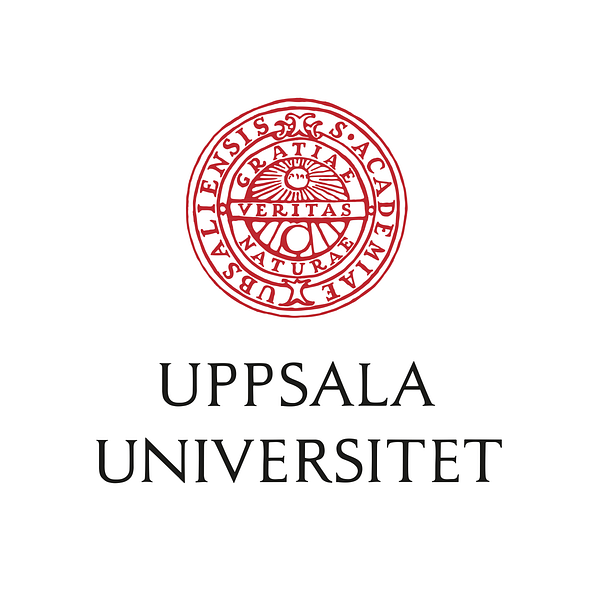Pressmeddelande -
Major breakthrough may pave the way for therapeutic vaccines
It should be possible to use therapeutic vaccines to create both cheap and effective drugs for diseases like cancer and allergies. One problem in developing such vaccines has previously been the lack of adjuvants, substances that make vaccines more effective. However, there has now been a major breakthrough in this area. The study, led by scientists at Uppsala University, is published in the December issue of the journal Vaccine.
Many of the treatment methods that are developed today for allergies, cancer, and autoimmune diseases are based on the use of so-called monoclonal antibodies. The cost of these protein pharmaceuticals is high, between 15 000 and 150 000 dollars per patient and year, and long periods of treatment are often needed. Therapeutic vaccines contain no pre-produced antibodies but rather stimulate our immune system to produce its own therapeutic antibodies. They are considerably less expensive to manufacture than the drugs that are now being produced.
“Therapeutic vaccines that target the same molecules in the body as the various monoclonal antibodies would enable us to reduce the cost of treatment significantly, and also decrease the number of visits patients need to make to the clinic,” says Lars Hellman, professor of molecular and comparative immunology at the Department of Cell and Molecular Biology, Uppsala University, who directed the study.
One of the biggest problems when it comes to developing therapeutic vaccines has been the lack of so-called adjuvants, immune-stimulating substances that are added to boost the effect of the vaccine. Until now, there has been only one adjuvant that is approved for use in humans, and this substance has proven to have little or no effect when the target molecule is endogenous, that is, produced by the body itself. To develop new and more potent adjuvants, researchers from Uppsala University, in collaboration with colleagues from the Shemyakin-Ovchinnikov Institute in Moscow, have performed comprehensive analyses of various potential combinations.
“We have made a very important breakthrough by managing to identify a substance that is biologically degradable and that exhibits considerably higher activity than the adjuvants that have been used in the past,” says Lars Hellman.
“These new and highly promising findings are an important step toward developing more cost-effective drugs for some of our major public health diseases,” he says.
Read the article in the journal Vaccine.
For more information, please contact Lars Hellman, phone: +46 (0)18-471 45 32, mobile phone: +46 (0)70-220 80 47, e-mail: lars.hellman@icm.uu.se.
Regioner
Uppsala University - quality, knowledge, and creativity since 1477. World-class research and outstanding education of global benefit to society, business, and culture. Uppsala University is one of northern Europe's highest ranked academic institutions. www.uu.se
